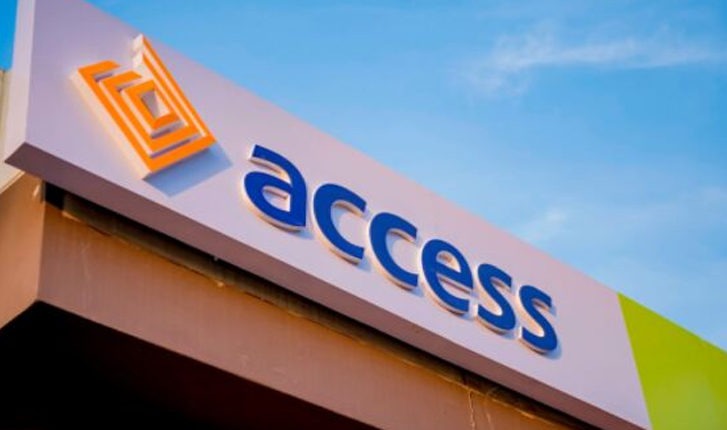Access Bank, Nigeria’s leading innovative bank, has introduced two new consumer credit cards, namely the Access Bank American Express Gold Card and the Metal Platinum Card.
These cards mark the first-ever American Express cards to be issued in Nigeria and West Africa.
With the launch of these cards, Access Bank has significantly enhanced its offerings for retail and private bank customers, who can now enjoy the Membership Rewards loyalty program and a wide array of travel and lifestyle benefits.
In 2019, Access Bank entered into an agreement with American Express to enable businesses across Nigeria to accept payments from international American Express cards. Having successfully established its merchant acquiring capabilities, Access Bank is now ready to issue the first American Express credit cards in West Africa.
The Gold and Platinum Cards feature the iconic ‘Centurion’ icon and reflect the internationally recognized American Express card design. Similar products are available globally through American Express or licensed third parties, offering cardholders extensive rewards and benefits.
By partnering with Access Bank, this exceptional credit card experience is now accessible in Nigeria.
Herbert Wigwe, Group Managing Director of Access Holdings, expressed that the cards would be available to customers who have expressed interest through request and invitation. Starting from Tuesday, June 13, 2023, these customers will be able to enjoy the benefits of the cards.
Wigwe emphasized, “As a bank known for numerous firsts, our vast network of 60 million customers supports this partnership with AMEX, making it a massive endorsement for us.”
Roosevelt Ogbonna, Managing Director and CEO of Access Bank, stated, “The introduction of American Express cards in Nigeria is another significant milestone in the continuous development of a thriving and rapidly growing payments industry. Today’s customers seek more than just transactions; they desire real value.”
Ogbonna added, “With American Express, we can provide valuable card benefits, strong loyalty rewards, and a genuine incentive to choose electronic payments over cash. By expanding our services to facilitate payments, we can connect more consumers with small and medium enterprises and retail businesses throughout the country, which we recognize as the driving force behind economic growth.”
Chizoma Okoli, Deputy Managing Director of Retail South at Access Bank, hailed the unveiling of the credit cards as a testament to the bank’s leadership role in the country, stating, “We are always at the forefront of the banking sector here in Nigeria, and this is our latest innovation as we continue to lead others. These AMEX cards will be available everywhere in Nigeria except at Access Bank. Our customers, who will reap the benefits, will surely be proud of us.”
Victor Etiokwu, Deputy Managing Director of Retail North, highlighted the significance of the partnership with American Express, stating that it not only represents the first but also hints at more collaborations to come.
He affirmed, “In the payment world, it is crucial to offer a variety of options, and as a financial sector supermarket, we have a range of fantastic items for the benefit of our customers. AMEX is a unique brand, and we have always desired to include it in our portfolio. We are delighted that this dream has become a reality, and we will continue to collaborate with AMEX.”
Mohammed Badi, President of Global Network Services at American Express, remarked, “By granting Access Bank the license to launch the first-ever American Express cards in Nigeria, American Express further strengthens its presence in Africa. The Access Bank American Express Gold Card and the Metal Platinum Card elevate the credit card experience in Nigeria with exclusive benefits, access, and service for cardmembers both domestically and internationally.”








